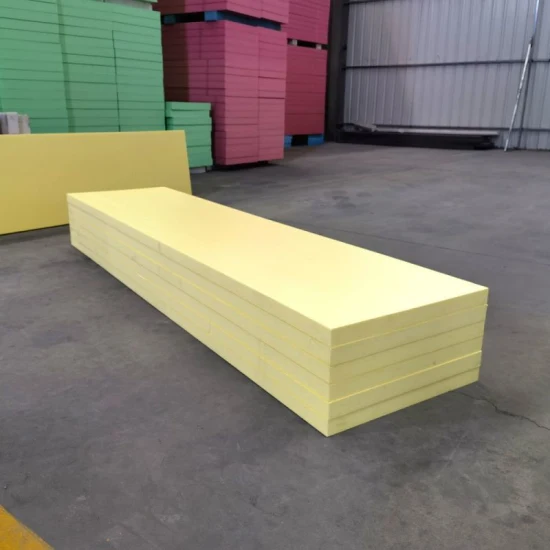The Advantages of Foam Insulation: Unveiling the Secrets Behind its Superiority

In the realm of insulation materials, foam insulation stands out as a superior choice due to its exceptional properties and numerous benefits. This article aims to delve into the reasons why foam insulation surpasses other options, providing a comprehensive understanding of its advantages and shedding light on its effectiveness in various applications.
- Unparalleled Thermal Performance:
Foam insulation boasts remarkable thermal resistance, making it an ideal choice for both residential and commercial buildings. Its closed-cell structure and high R-value contribute to its superior thermal performance, effectively reducing heat transfer and minimizing energy consumption. By creating a highly efficient thermal barrier, foam insulation helps maintain a comfortable indoor environment while significantly reducing heating and cooling costs. - Excellent Moisture Resistance:
Moisture infiltration can lead to a multitude of problems, including mold growth, structural damage, and compromised indoor air quality. Foam insulation, with its closed-cell structure, acts as an impermeable barrier against moisture, preventing water vapor from seeping into the building envelope. This exceptional moisture resistance not only safeguards the integrity of the structure but also helps maintain a healthy and mold-free indoor environment. - Enhanced Soundproofing:
In addition to its thermal and moisture resistance properties, foam insulation also excels in soundproofing. Its cellular structure effectively absorbs and dampens sound waves, reducing noise transmission between rooms and from external sources. This feature is particularly beneficial in urban areas or buildings where noise pollution is a concern, providing occupants with a peaceful and quiet living or working environment. - Versatility and Ease of Installation:
Foam insulation comes in various forms, including spray foam, rigid foam boards, and foam panels, offering versatility in application. It can be seamlessly installed in walls, roofs, attics, and crawl spaces, adapting to different architectural designs and construction requirements. The ease of installation, combined with its ability to fill gaps and crevices, ensures a complete and airtight insulation envelope, maximizing energy efficiency and overall performance. - Environmental Sustainability:
Foam insulation is an environmentally friendly choice, as it helps reduce energy consumption and carbon emissions. By minimizing heat loss or gain, foam insulation reduces the reliance on heating and cooling systems, resulting in lower energy usage and a smaller carbon footprint. Additionally, some foam insulation products are made from recycled materials, further contributing to sustainable building practices.
Conclusion:
Foam insulation has emerged as a superior insulation material, surpassing traditional options in terms of thermal performance, moisture resistance, soundproofing capabilities, versatility, and environmental sustainability. Its unique properties make it an excellent choice for both residential and commercial applications, providing long-term benefits such as energy savings, improved indoor comfort, and reduced environmental impact. By opting for foam insulation, individuals and businesses can make a wise investment in their properties while contributing to a greener future.



